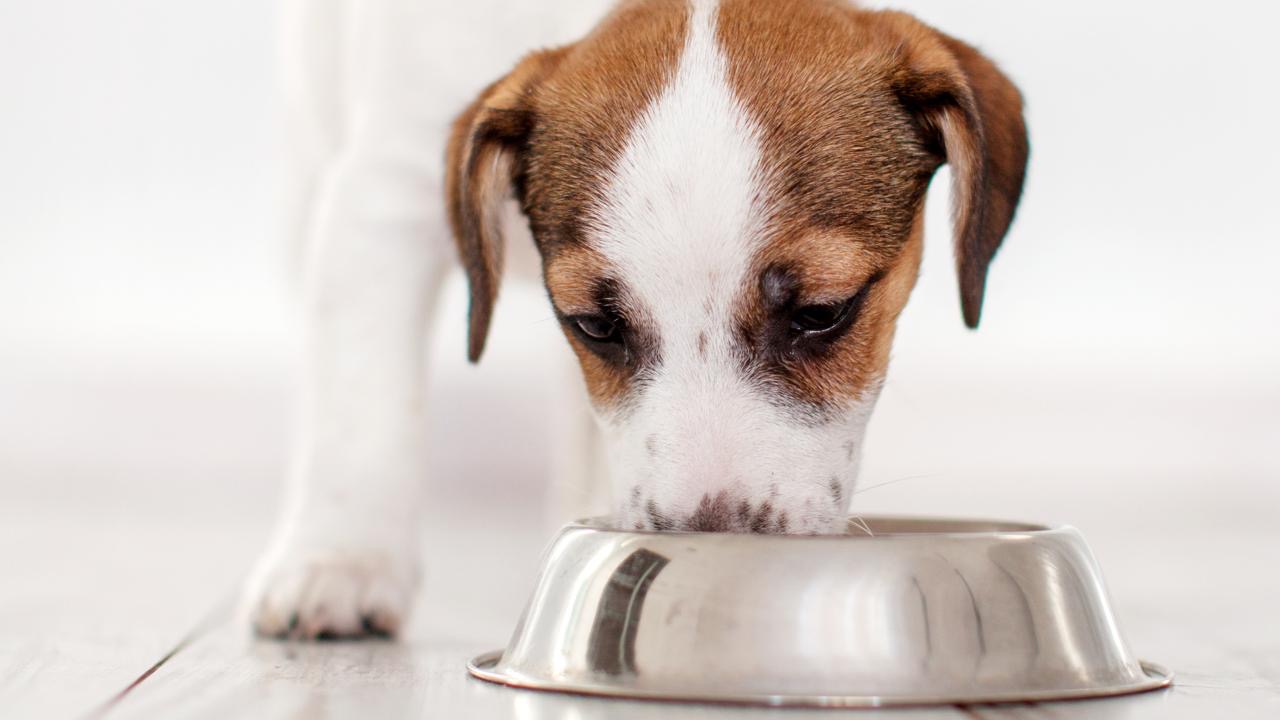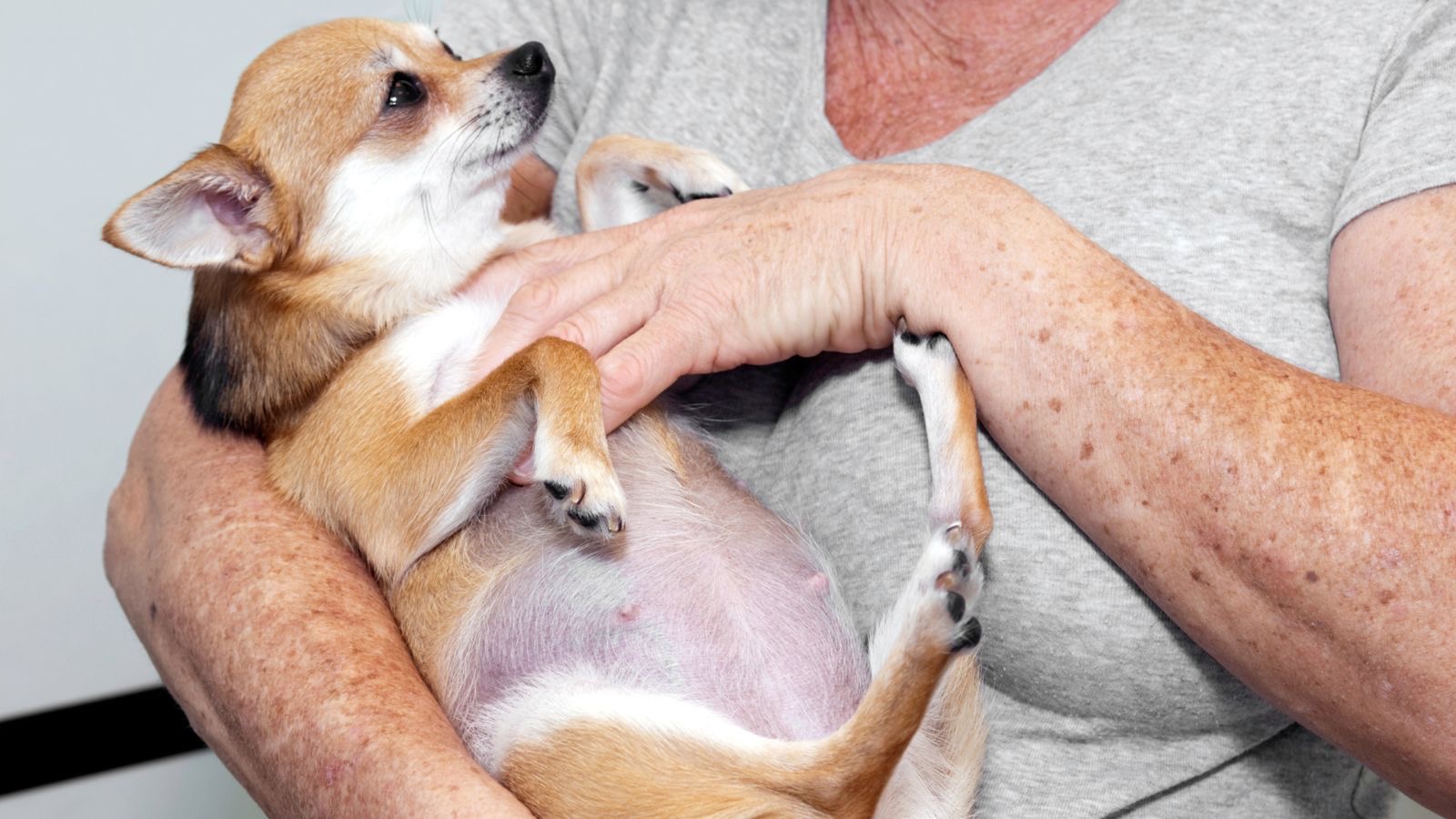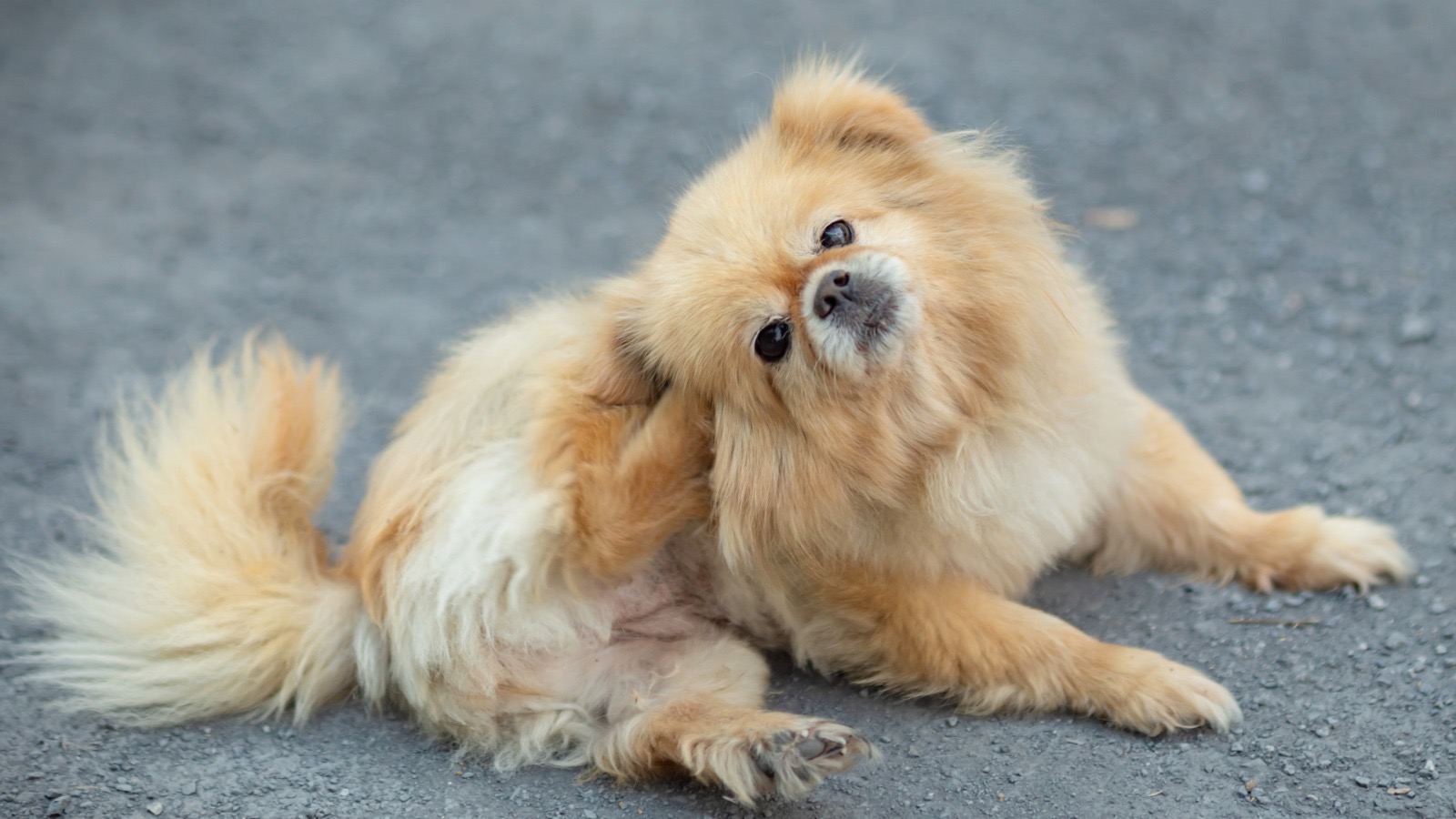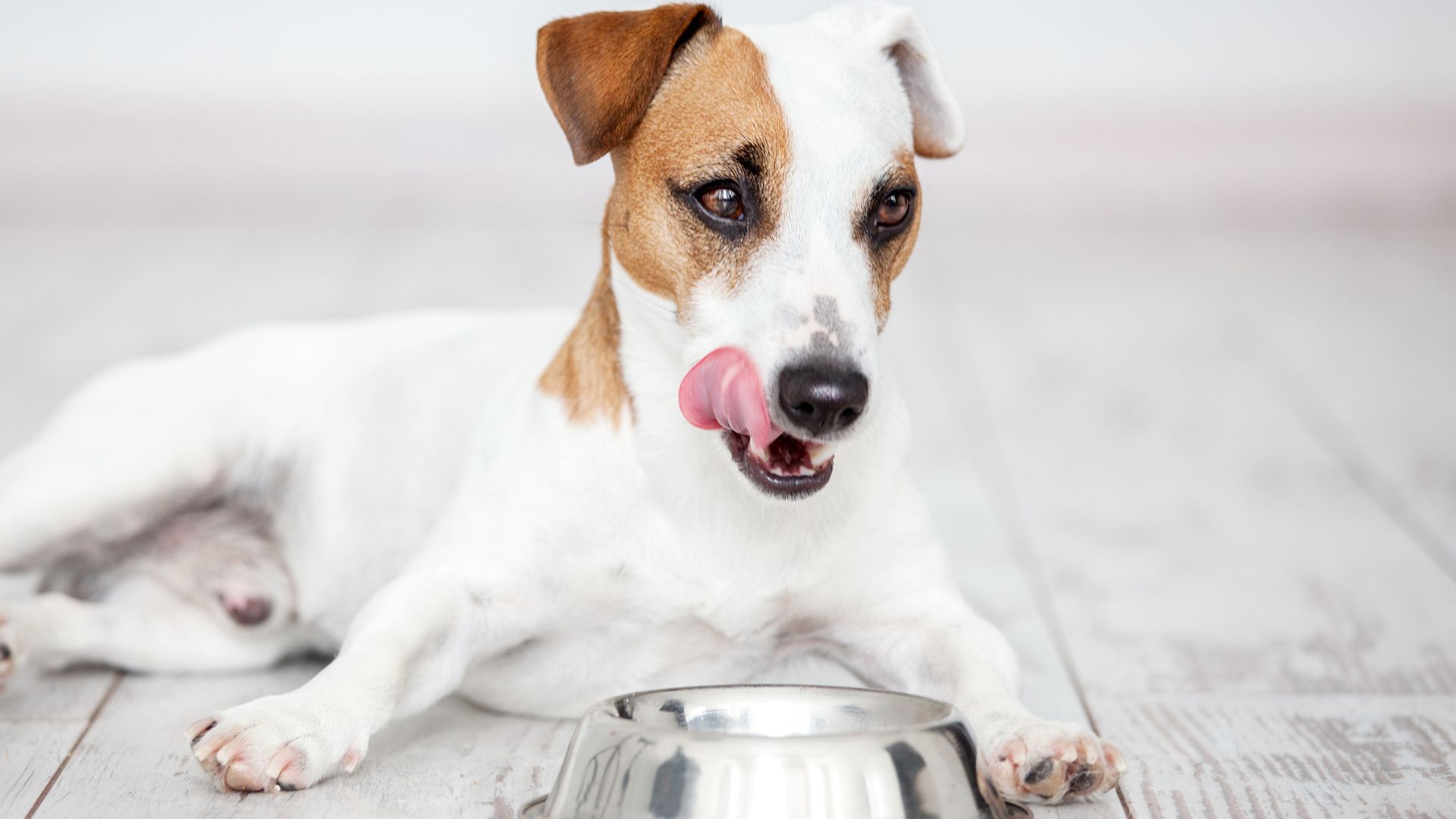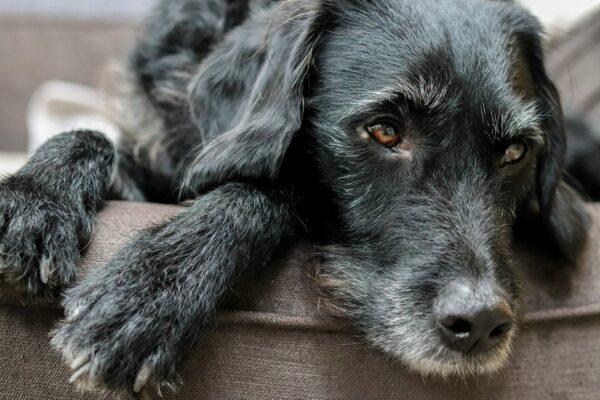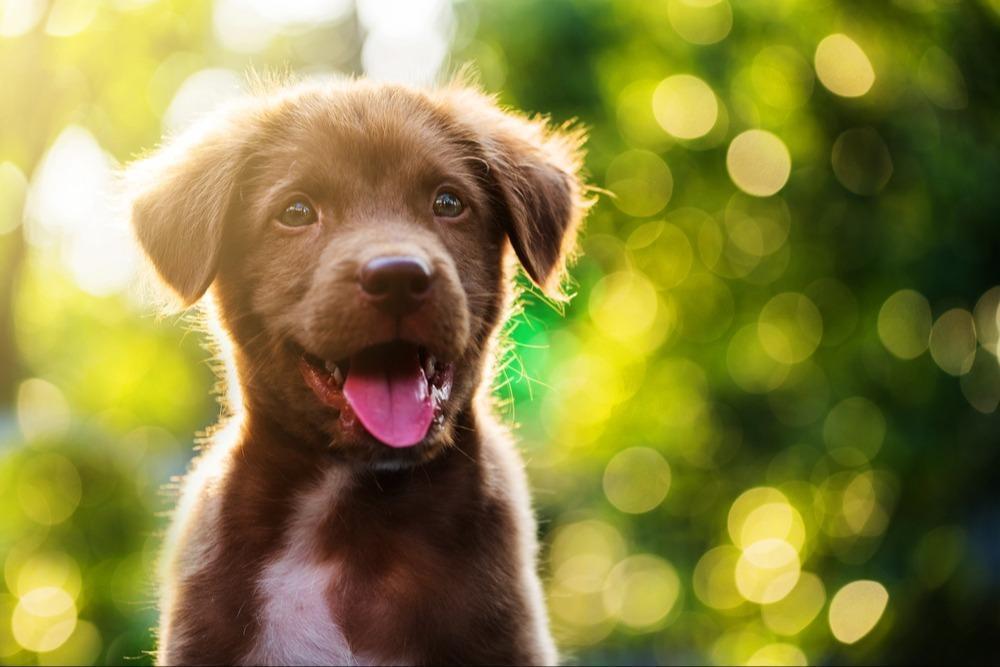The 3rd of January is known as the Festival of Sleep, so here at My Pet Nutritionist, we thought we’d look into sleep in a little more detail. We often forget how important sleep is to overall health, for both ourselves and our pets. So let’s get to grips with why our dogs need it and some top tips for improving its quality, including whether there are nutrients that can help too!
Sleep is widely studied for its evolutionary benefits. It is crucial for most daily functions. It is clear in humans, that when suffering sleep restriction, they have attention lapses, slowed working memory, reduced cognition, and depressed thought. Studies have also shown a significant reduction inactivity in dogs experiencing sleep restriction.
Sleep can also mean the difference between life and death.
Let’s take a trip back to the late 1800s. Whilst Coca Cola was sold in bottles for the first time in 1894, we still hadn’t made that much progress with animal testing.
Marie De Manaceine was fascinated with sleep deprivation. She had established that mental disturbance resulted from partial insomnia, but she wanted to know more.
So, in her Lab, she recruited puppies. 10 to be specific; aged 2, 3 or 4 months old. Whilst they continued to be fed by their mother, she kept them in constant activity. In short, she deprived them totally of sleep.
After 96-120 hours, the puppies were irreparably lost.
What is interesting (despite it being macabre), is that when puppies were starved, they could be saved after 20-25 days. This wasn’t possible when they were sleep deprived.
Marie found that sleep deprivation significantly affected the puppy’s brains. When they were starved, the brain was left almost spared. But, in the absence of sleep, fat degeneration, blood vessel abnormalities and haemorrhaging occurred.
In short, when the rest of the body is negatively affected by malnutrition, to an extent it can be saved. However, when the brain is affected, it is fatal.
Sleep and The Brain
The brain is the command centre for the nervous system. It is divided into three main sections; the brain stem which controls basic life functions, the cerebrum, which is the responsible for decision making and the cerebellum which controls movement.
We know how a diet limited in lipids can detrimentally affect the brain and contribute to neurological disease, but sleep deprivation still had a worst impact in these puppies.
Findings Here
Many studies since Marie’s, have demonstrated that sleep loss (not deprivation) during development can result in reduced brain mass, neuronal death and subsequent behavioural problems.
On the subject of the brain, it is pertinent to mention the glymphatic system.
As we know, the body possesses its own sewerage system – the lymphatic system – but the brain has its own independent waste disposal system known as the glymphatic system. This system is gaining traction and being implicated in neurodegenerative disease. Researchers suggest that the glymphatic system may also function to help distribute non-waste compounds like glucose, lipids, amino acids and neurotransmitters.
This system functions mainly during sleep, being largely disengaged during times of wakefulness – this suggests that amongst its many functions, sleep provides a state of activity that enables the elimination of potentially neurotoxic waste products.
Your Pet’s Lymphatic System
Sleep and Immune Function
Sleep supports the initiation of an adaptive immune response. Slow wave sleep, and the circadian system act in concert to generate a pro-inflammatory response as well as reduced levels of the anti-inflammatory stress hormone cortisol. The hormonal changes in turn support the early steps in the generation of an adaptive immune response in the lymph nodes. In addition, sleep specifically supports memory formation in the immune system.
The implication of sleep on immune response is demonstrated in various studies of vaccination, for example sleep on the night after experimental vaccinations against hepatitis A produced a strong and persistent increase in the number of antigen-specific Th cells and antibody titres.
Findings Here
Sleep and Cognitive Function
One of the main purposes of sleep is to consolidate memories or learning. This has also been found true in dogs. Learning affects sleep structure which ultimately decides whether you retain the information or not. Interestingly, in studies, those dogs allowed to sleep after learning a new command were more likely to retain the command at a later date than dogs allowed to walk or play.
Findings Here
How Much Should Dogs/Puppies Sleep?
Adult dogs, in a laboratory setting, when left, will sleep on average for around 13 hours per day. They are diurnal, which means they are active during daylight hours. Rest occurs during dark periods with activity increasing the two hours before light. Dogs have a natural rest period around noon and then reduced activity during the afternoon.
Findings Here
Puppies can sleep anywhere between 18-20 hours per day. Again, you will notice higher activity in the morning and then rest, with reduced activity around noon and into the afternoon.
Interestingly, the experiences that your dog has can affect the type and quality of sleep they experience though. Studies have found that after a negative experience, dogs will fall asleep more quickly. It is thought that this is a protective sleep, in response to stress. This should be a consideration for all dog owners. It’s all too easy to attribute an “exhausted” dog to the busyness of the day. Be mindful, their sleeping habits could be more indicative of their experience.
Findings Here
In humans, lack of sleep is classed as a major stressor. It wouldn’t be too much of a stretch to suggest similarly for our canine companions.
Below average sleep quotas are linked with anxiety, aggression, decreased response to reward, lower frustration tolerance and low resilience. Sleep disturbances affect hormone levels; specifically stress hormone levels. Animals experiencing sleep disturbance demonstrated less grooming behaviour and opt for fewer enrichment activities, and we know how important these activities are for stress regulation in dogs.
Findings Here
Ideas To Help Your Puppy Sleep
If your puppy is struggling to go to sleep, it is likely associated with his emotional state. Consider when he was born. He was in a litter of his siblings and his Mum. Suddenly, he’s brought to a new home and is expected to sleep with no company. This is a huge adjustment. For some puppies, having another resident dog already in the home can help them settle, but if they are an only pup, then you may want to start their nights with you. Some owners would rather sleep on the sofa with their pup, so they are close, some owners are happy to start crate training in their bedroom. The point is your pup knows you are close. Cortisol, the stress hormone can significantly affect growth. It can modify the timing of development and have a lasting effect on gene expression.
Findings Here
Therefore, it’s important to avoid any stressful stimuli for your developing pup. Avoiding the point where they are crying in fear or anxiety. There is no evidence to suggest that being close to your puppy causes later separation anxiety. Quite the opposite; when your pup is content, he is more likely to be emotionally stable.
If your puppy is waking in the night, he could need the toilet, or again, he could have just suddenly realised he’s alone. Let him out to the toilet but avoid engaging in play. Stay calm and praise/reward him when he toilets. Bring him back in and calmly put him back to bed. If he is frequently waking in the night and toilet breaks don’t seem to settle, it could be worth retracing some steps where you are closer to him again.
If you feel that you aren’t making progress, take a step back and consider what may have been your pups experiences to date. We know that maternal stress, depression or anxiety negatively affects foetal development.
Findings Here
In addition, maternal nutrition also affects cognition.
Findings Here
So, we must consider the experiences of your pup before you even brought him home and how this could have potentially affected his emotional state and subsequently his ability to settle and sleep.
The final common question around puppies and their sleep, is how early they wake.
As we’ve mentioned, dogs are diurnal. They wake during light time hours, and rest during dark periods. Like us. It’s normal for them to wake as soon as the sun comes up. It’s the basic mechanism of the circadian rhythm.
Ask any puppy owner and they will tell you that their sleep cycle adjusted massively when they first had a puppy – puppy may be getting plenty, but not Mum or Dad. If your pup is waking with the sun, then consider moving their sleeping space to a room with blackout blinds or curtains. If you live somewhere with seasons, then Winter naturally has shorter light periods so it’s generally easier to fall into a routine. Summer can be difficult as the days are long.
Just as we would as humans, good sleep hygiene is crucial in helping your puppy’s sleep habits. Routine is essential. Feed times are a good staple. Try to stick to regular mealtimes, but don’t worry too much about walks and play at the exact same time every day. Some dogs can develop routine related anxiety – that is, if something doesn’t happen when they expect it to, they can start demonstrating stress behaviours, like pacing, panting, and whining. The other part of your routine is to ensure quiet time before bed. You may opt for chewing activities for example.
Study after study have demonstrated that chewing can counter the effects of stress. Not only does it reduce stress hormone levels, it also limits sensory processing of external stressors. In short, it keeps your dog’s attention off things it doesn’t need to be paying attention to, therefore it can be a great way of activating the calm side of the nervous system ready for sleep!
Nutrients for Sleep
Sleep is influenced by the rhythm of the body. Chemical messengers in the brain, generally speaking either make things happen, or slow things down. These chemical messengers need to be balanced in order for the circadian rhythm to be regulated.
There are of course certain nutrients that can help with this, these include:
- tryptophan
- melatonin
- gamma-aminobutyric acid (GABA)
- calcium
- potassium
- magnesium
- pyridoxine
- serotonin
- histamine
- acetylcholine
- folate
- vitamin D
- B vitamins
- zinc
- copper
But, this can be quite reductionist, and so our top foods to support sleep include:
- Chamomile tea
- Walnuts
- Fatty fish
- Barley grass powder
- Bananas
You may also have an anxious dog that needs some extra support.
6 Nutritional Tips for Your Anxious Dog
Summary
Sleep is an essential part to all our lives. This is no different for dogs. When young, they will spend the majority of their day asleep. Anywhere between 18-20 hours. As shown by Marie De Manaceine, quite simply, lack of sleep can be fatal. Whilst we have moved on from the macabre testing (somewhat), newer studies show time and time again how sleep deprivation negative affects cognition, development, behaviour and emotional stability.
If we want a fully matured, healthy and emotional stable pooch, we need to let sleeping dogs, sleep.
Consider how you plan training and socialising for your pup as it’s super easy to overwhelm them in those hours they are awake. If you have children, teach them the importance of letting dogs sleep. Set up a safe space for pup, that he knows is calm and quiet and he can retreat when the world gets a little too exhausting.
Thanks for reading,
MPN Team


